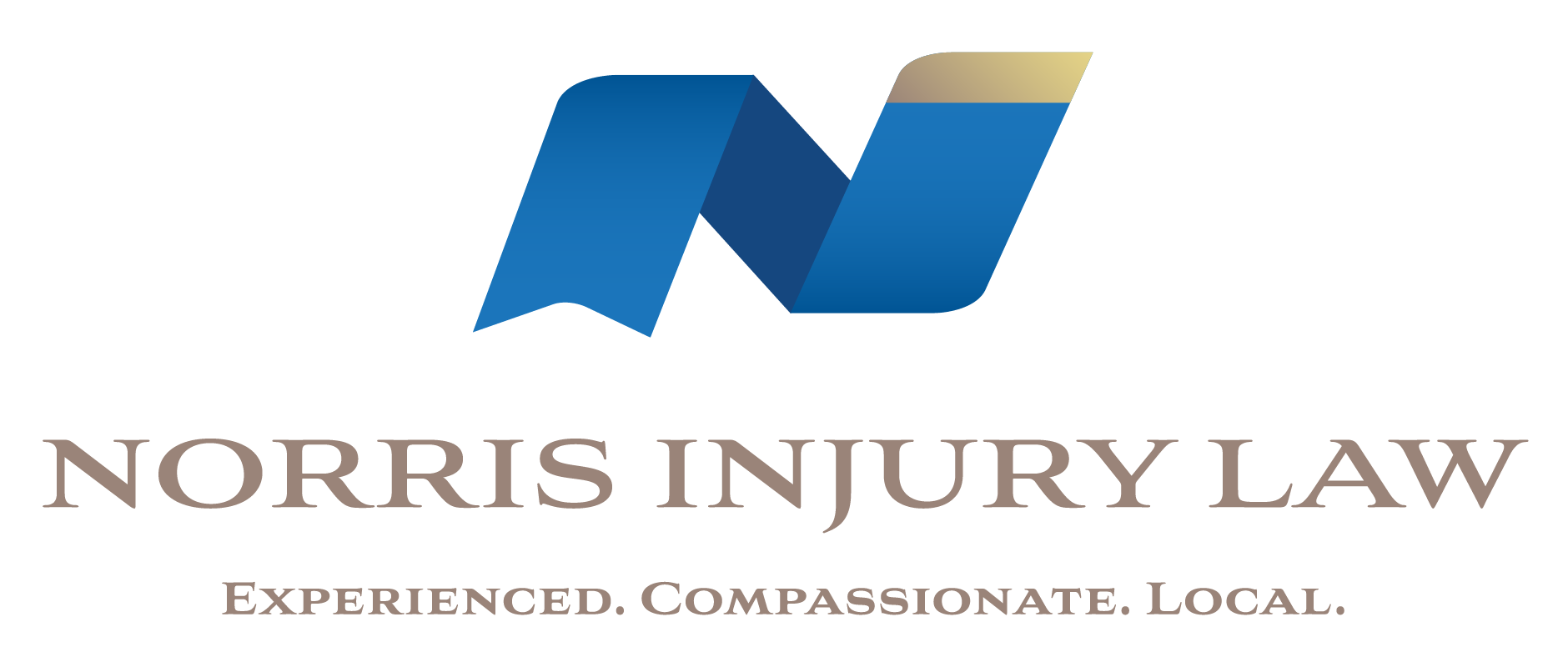Truck Accident Lawyer
Many drivers think of responsibility for an automobile accident as being an all-or-nothing proposition, where one driver is at fault and the other is not. However, in many accidents, both drivers share some of the blame. How does it affect your recovery when you are partly at fault for an accident?
Truck accidents present a unique set of challenges that regular car accidents don’t. If you’ve been injured in a truck accident, it’s important to speak with an experienced truck accident lawyer to find out if you have a case for negligence.
It Depends on the Negligence Laws in Your State
There are two types of negligence laws that apply to most car crashes. Alabama, Maryland, North Carolina, Virginia and the District of Columbia have contributory negligence laws. The rest of the states, except for South Dakota, have one of two types of comparative negligence laws. South Dakota’s negligence laws are a mix of contributory and comparative negligence.
Contributory Negligence
If your accident occurs in a state with contributory negligence laws, both drivers are barred from recovering damages if they contributed at all to the accident. If you are partly at fault for an accident in a contributory negligence state, then neither you nor the other driver can recover damages from the other.
Truck drivers have a responsibility to drive safely and avoid accidents, and when they fail to do so, they can be held liable for any injuries or damage caused. A good truck accident lawyer will know how to build a case against the driver and the company responsible for the accident. Don’t hesitate to contact one today if you’ve been injured in a truck accident.
Comparative Negligence
Comparative negligence means all parties involved in an accident can pursue recovery for the portion of their damages caused by the other driver, even if that party was also partly at fault. Which type of comparative negligence is being used in the state will also play a role.
13 states use pure comparative negligence laws. Under pure comparative negligence, you can seek compensation from the other party, no matter how much of the blame for the accident was yours. However, the amount of damages you can recover is limited to the percentage of fault assigned to the other party. For example, if you are found to be 75% at fault in an accident and the other parties are 25% at fault, you can recover 25% of your damages from the other parties and the other parties can recover 75% of their damage from you.
33 states have modified comparative negligence laws. In these states, you can only recover damages if you are less than 50%, in 10 states, or 51%, in 23 states, at fault. This means that if your percentage of fault exceeds either 49% or 50%, you are barred from recovery. However, the other party can still only recover the percentage of damage you were at fault for.
In addition to negligence laws, fault laws may also factor in the amount you can recover. If you are unsure whether you are entitled to recover damages from an automobile accident, contact a personal injury truck accident lawyer in your state.


